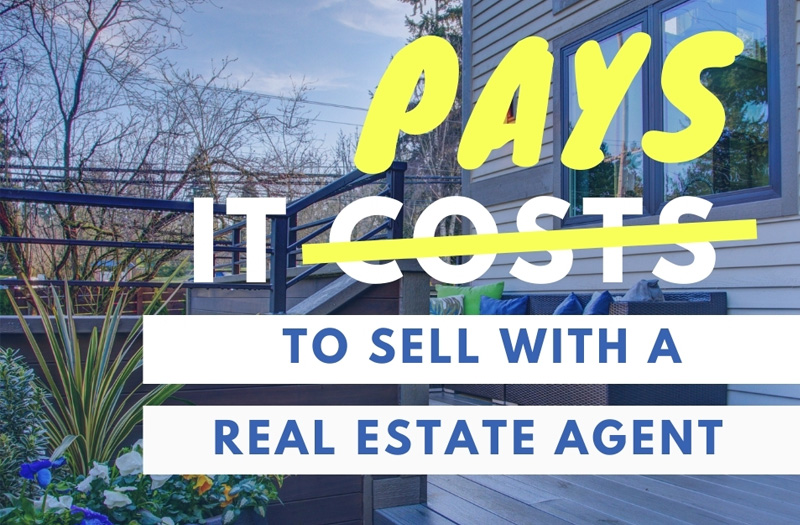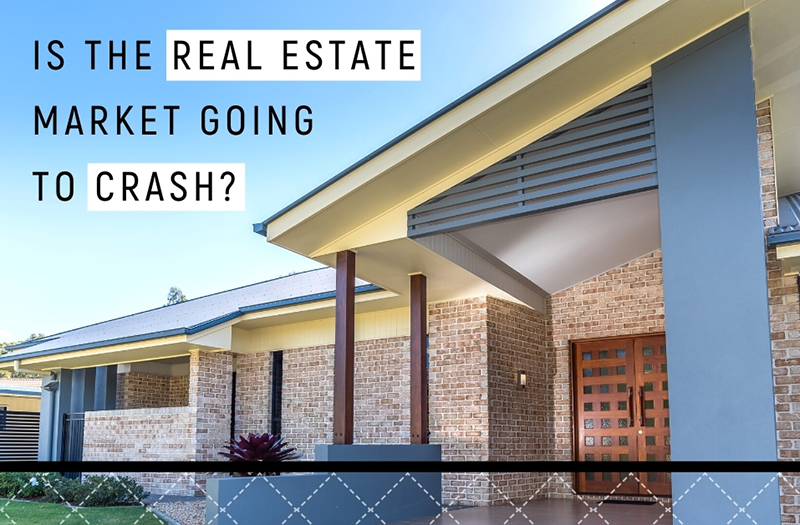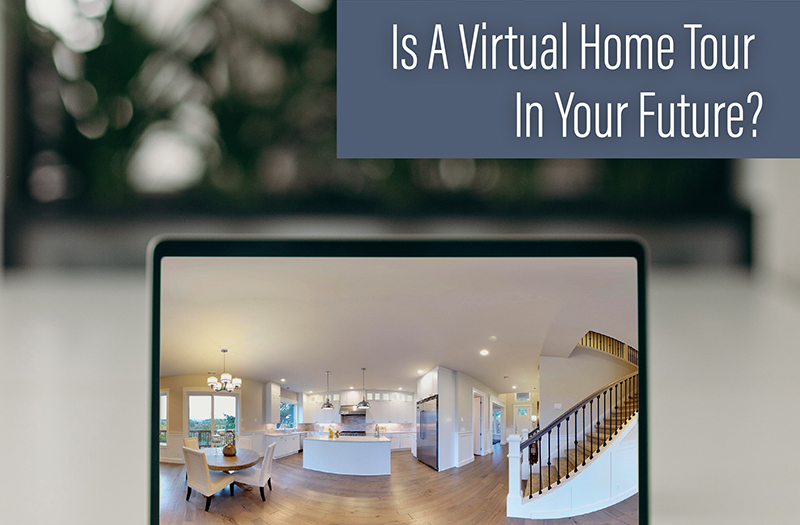Finding a New Home for Your Next Stage of Life
Imagine the first place you lived as a young adult. Now imagine trying to fit your life today into that space. Not pretty, right?
For most of us, our housing needs are cyclical.1 A newly independent adult can find freedom and flexibility in even a tiny apartment. That same space, to a growing family, would feel stifling. For empty nesters, a large home with several unused bedrooms can become impractical to heat and clean. It’s no surprise that life transitions often trigger a home purchase.
Can I Buy or Sell a Home Without a Real Estate Agent?
Today’s real estate market is one of the fastest-moving in recent memory. With record-low inventory in many market segments, we’re seeing multiple offers—and sometimes even bidding wars—for homes in the most sought-after neighborhoods. This has led some sellers to question the need for an agent. After all, why spend money on a listing agent when it seems that you can stick a For Sale sign in the yard then watch a line form around the block?
Some buyers may also believe they’d be better off purchasing a property without an agent. For those seeking a competitive edge, proceeding without a buyer’s agent may seem like a good way to stand out from the competition—and maybe even score a discount. Since the seller pays the buyer agent’s commission, wouldn’t a do-it-yourself purchase sweeten the offer?
The New Normal: A Strong Housing Market Expected to Continue into 2021
“2020 will be known for a lot of things, and a record-breaking year for real estate will certainly be one of its more unexpected legacies,” prominent economist Daryl Fairweather said.1 And he’s right: most of us would have expected the housing market to suffer from circumstances like a once-in-a-hundred-years pandemic and historic inventory shortages.
But, rather than a slowdown, we are continuing to experience a surprisingly robust real estate market across the country. And experts estimate that these conditions are likely to last well into the new year. Fannie Mae Senior VP and Chief Economist Doug Duncan predicts that existing home sales will ultimately “be up a percent or more in 2021.” He believes home prices will continue to rise due to limited inventory, but he is confident the Federal Reserve will keep interest rates low into the future, which will be “very good for households.”2
Is the Real Estate Market Going to Crash?
While many areas of the economy have contracted, the housing market has stayed remarkably strong. But can the good news last?
When COVID-related shutdowns began in March, real estate brokers and clients scrambled to respond to the shift. Record-low interest rates caused some lenders to call a halt to new underwriting, and homeowners debated whether or not to put their houses on the market. However, those first days of uncertainty ushered in a period of unprecedented demand in the U.S. real estate market, which ended the year with increasing average home prices (up 13.4% from the previous year) and shrinking days on market (13 fewer than in 2019).1
5 Secrets Buyers and Sellers Must Know About Virtual Home Tours
For years now, virtual home tours have helped real estate buyers far and wide find the perfect home. From long-distance military personnel being relocated, to investors expanding their portfolio, to homeowners looking for a vacation getaway, this technology makes finding a house that’s a bit out of driving distance much easier. And for real estate agents, virtual tours have been a useful way to help buyers with their home search and to assist sellers in creatively marketing their listings.
Because of the pandemic, virtual home showing options recently experienced a huge spike in popularity. One survey found that nearly 33% of recent home tour requests were for virtual tours, as compared to just 2% pre-pandemic.1 And it’s easy to see why.






